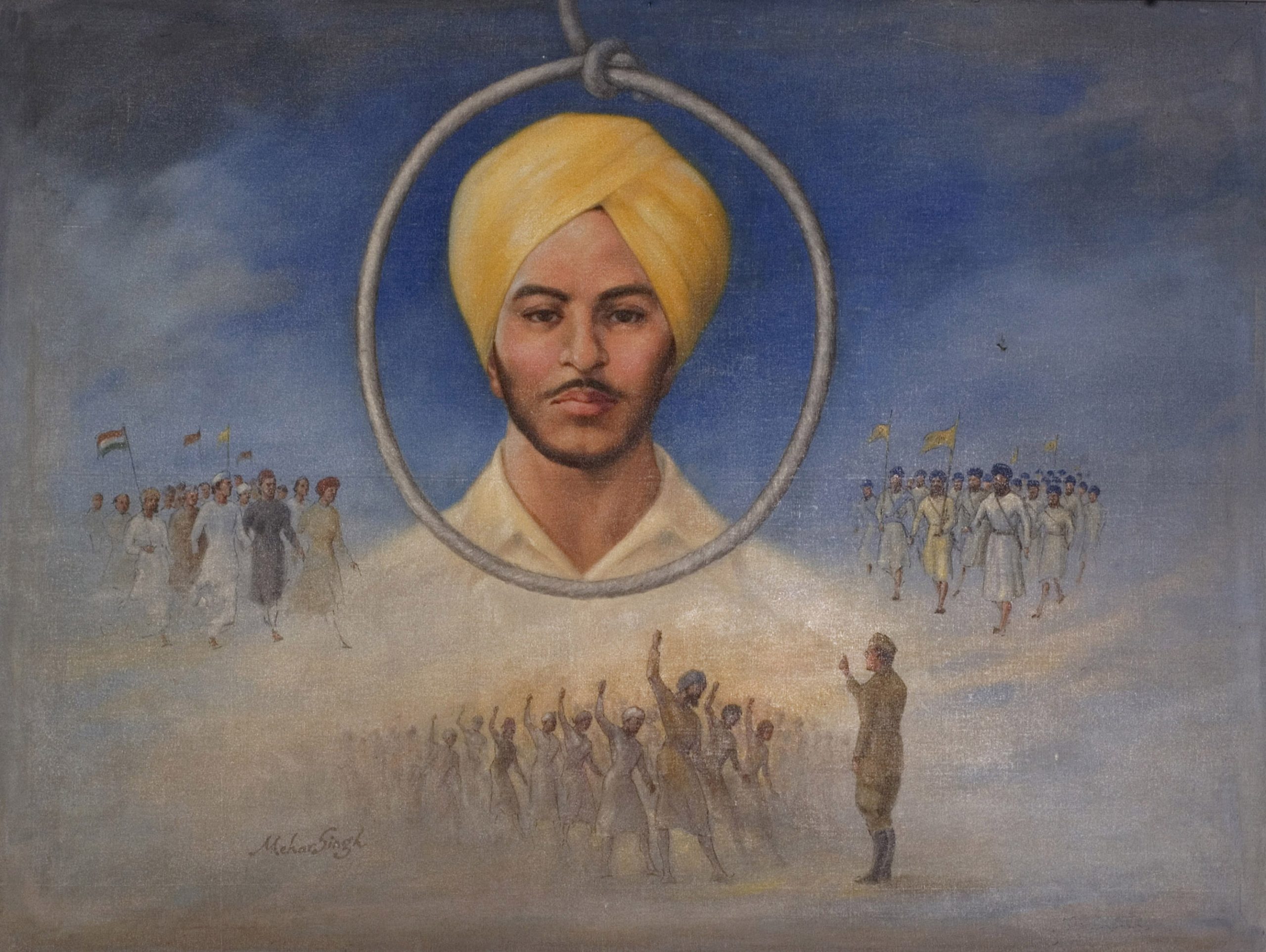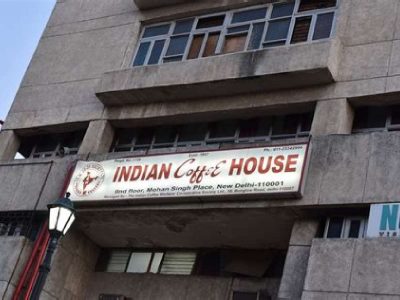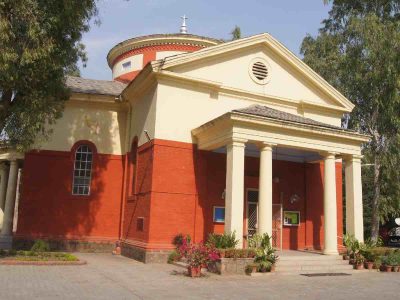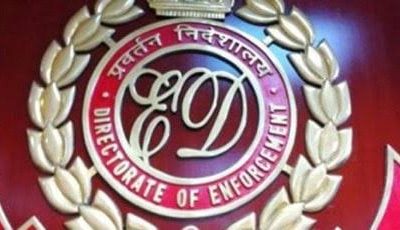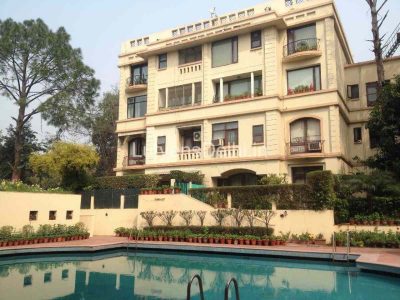Former Prime Minister Inder Kumar Gujral broke down during an interview with this writer in 2006 as he recalled a childhood memory watching the burning pyre of freedom fighter Bhagat Singh on the banks of River Sutlej in 1931.
“Bhagat Singh and his two comrades were hanged on March 23, 1931 in Lahore Central Jail. They were hanged very hurriedly and silently so that the outside world wouldn’t know about the hanging,” recalled Gujral, who demitted Prime Minister’s office on March 19, 1998, and shifted to the spacious Lutyens’ Delhi’s 5, Janpath bungalow where a black and white portrait of Bhagat Singh adorned the wall amid thousands of books.
Discussing the freedom struggle with special reference to Bhagat Singh was very close to his heart as he, then 12 years old, had witnessed the legend’s funeral first-hand along with comrades Sukhdev and Rajguru on March 23, 1931.
“As my father, Avtar Narain Gujral (a freedom fighter and Congress leader) learnt about the hanging and the place of last rites of Bhagat Singh, he rushed back to our home in Mojang area of Lahore. By the time he reached home, many people were already there at our place. They were all discussing the hanging of Bhagat Singh and waiting for my father,” recalled the ex-PM Gujral, who died at the age of 92 in 2012.
Even though there were no 24×7 news channels and social media back in the day, news of their hanging and cremation became public and spread like a jungle fire. People of Lahore and nearby areas rushed to the spot to be part of the funeral. They were devastated to learn about their hero’s hanging.
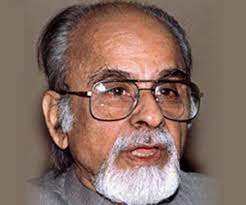
“I vividly remember my father immediately arranging a bus which took us to River Sutlej. The bus was filled with our neighbours and some friends of my father (including Satyavati, a freedom fighter and the mother of former Vice President Krishan Kant whose family were neighbours of Gujrals in Lahore). The mood was very sombre and grim when we were on our way to the Sultlej. The bus took around an hour to reach the spot due to extremely bad condition of the roads. When we reached the cremation spot, a very large number of people were already there.”
Gujral sahab was wiping his tears while recalling those moments even after so many decades. Even the vagaries of time had not diminished memories of that momentous day.
“The scene was heart-rending as the pyres were in the final stages and people were weeping uncontrollably. They were cursing the British Raj for being so unforgiving. There were no cops there. They would have been lynched if they were around as people were very furious. After spending around two hours there, we all returned to Lahore. Along the way, angry people were on the streets. They were annoyed and shocked that despite appeals from everyone, Bhagat Singh and his two friends were hanged by the heartless government. They were shouting slogans against the government.”
While Gujral sahab was narrating the events of March 24,1931, his voice was choking.
He also recalled that his younger sibling, Satish Gujral, who later became an acclaimed painter and architect, remained at home with some other family members since he was too young.
“We all know that while Bhagat Singh was hanged when he was only 23 (Rajguru was 22 and Sukhdev 23), but his ideas would remain with us and guide us in times to come. It is easy to kill individuals but you cannot kill ideas. Great empires crumbled, while ideas survived,” he had also said.
“Despite the fact that India-Pakistan have so many outstanding issues to resolve, Bhagat Singh unifies people across the Radcliffe Line. He is definitely a hero in Punjab region of Pakistan too. This is not a small thing considering the fact that a non-Muslim does not get the status of hero there. Bhagat Singh was indeed an exception,” Gujral said while adding that it was heartening to see Bhagat Singh’s birth anniversary and martyrdom being observed there.
“Those moments would remain with me throughout my life,” concluded Gujral in the interview while referring to his journey to River Sutlej with his father and others to be part of the last rites of Bhagat Singh.
Although there could still be some people who may have witnessed the last rites of Mahatma Gandhi and Jawaharlal Nehru and the number of such people is dwindling fast, Gujral was probably the last one in India to have seen Bhagat Singh’s cremation.

